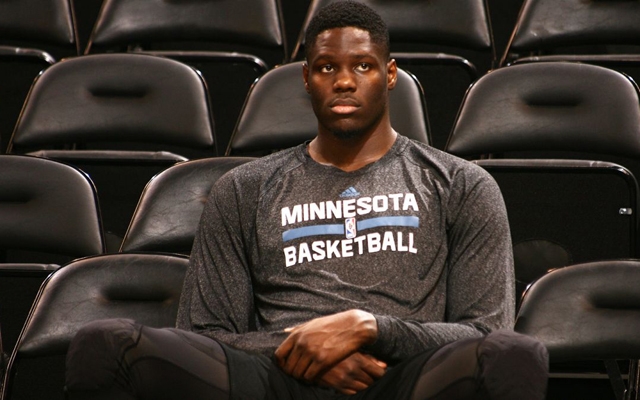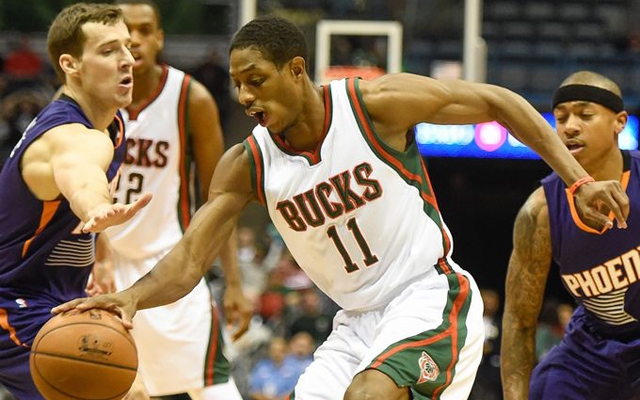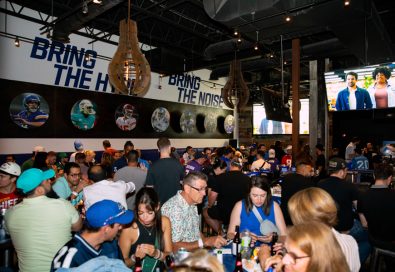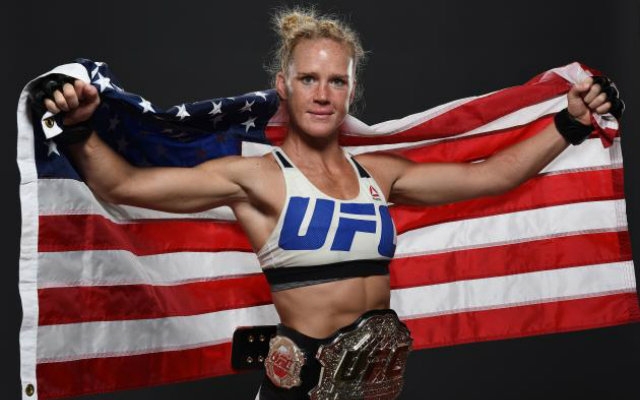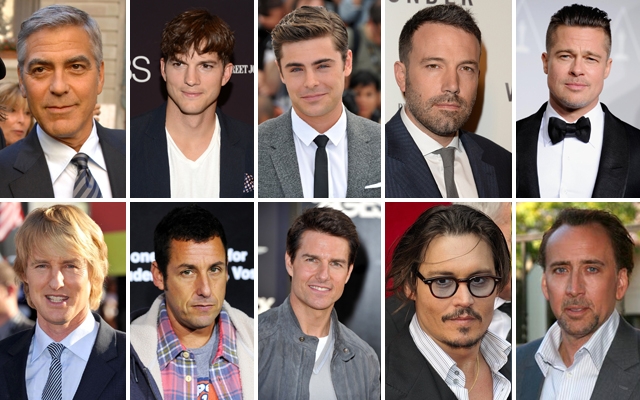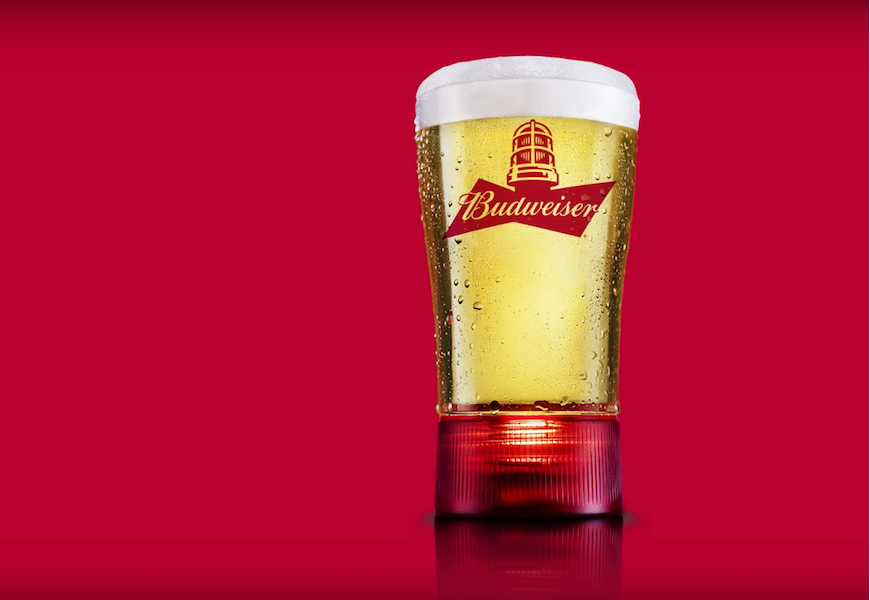Earlier this week, the Minnesota Timberwolves bought out the contract of Anthony Bennett, the first-overall pick in the 2013 NBA Draft who was shipped to the club as part of last summer’s trade that sent Kevin Love to Cleveland and Andrew Wiggins to the Minnesota.
After two seasons, Bennett is already standing at a crossroad in his career. Just 22 years old, he’s a free agent looking for his third team in as many seasons, battling to prove he’s more than he’s shown in his first two seasons and capable of being a regular contributor in The Association despite a pair of challenging seasons that have him in the fast lane to landing atop “Biggest Busts in NBA History” listicle and slideshows for the rest of his life.
Through his first two seasons, Bennett has averaged 4.7 points and 3.4 rebounds per game while shooting below 40 percent from the floor, a tick over 25 percent from deep and 64 percent from the stripe. Those numbers wouldn’t be as big a problem if Bennett went in the second round or late in the first, but because he was the first-overall selection, his struggles have been amplified and might have scared more than a few teams away for good.
To be fair, getting picked at the top of the 2013 NBA Draft wasn’t Bennett’s choice; the Cavaliers made him the first Canadian to go at No. 1 in a move that surprised pretty much everyone.
That’s Bill Simmons, then of ESPN and Grantland, shouting “Whoa!” twice after David Stern announced the pick. When dudes that get paid money to talk about hoops and breakdown the draft as it happens are caught off guard by the selection, that’s saying something. It’s not that Bennett wasn’t a very good prospect at the time – he played well in his one season at UNLV and seemed like a lock to go in the lottery – but no one had him going No. 1.
Now, it’s not like the 2013 NBA Draft was full of superstars and Cleveland passed up on a collection of future Hall of Famers to pick the Canadian.
No one in the Top 10 has really established themselves as a cornerstone piece quite yet and if we were to jump in the DeLorean and do it all over again, Giannis Antetokounmpo and Ruby Goebert would probably go first and second. They went 15th and 27th respectively.
The problem is that there are young players that have already proven to be solid contributors that the Cavaliers could have taken; players that would have filled a need for the club more than Bennett.
Combo guard Victor Oladipo seemed like the most obvious pick for the team and posted a sophomore slash of 17.9/4.2/4.1/1.7 last season in Orlando. Center Nerlens Noel missed all of his rookie year, but is already a defensive presence for Philadelphia. Even big man Steven Adams, who went 12th overall to Oklahoma City, would have been a better fit for Cleveland had they been able to trade out of the top spot.
But they couldn’t or didn’t and they drafted Bennett, who is nothing more than a lottery ticket and a reclamation project just 109 games into his NBA career.
If he’s smart – and if they’re interested – Bennett will sign with his hometown Toronto Raptors. As much as he’s sure to get offers from a few different teams, playing close to home in a supportive environment where people will be actively rooting for you to succeed seems like a better choice than going to Portland or Philadelphia, two potential destinations Grantland’s Zach Lowe mentioned in his dissection of the situation earlier in the week.
Bennett’s game needs to be re-shaped. He has the size to be a “Stretch 4” in the new “Pace & Space” NBA, but he’s a poor shooter and takes far too many jumpers from inside the arc and outside of the paint. Defensively, he’s not big enough to protect the rim, but hasn’t shown the swiftness to cover guys on the wings either.
Some of that you can change, some of that you can’t, but given his age and the fact that there are now zero expectations and no hefty price tag attached to him, somebody should roll the dice and commit a year to figuring out if there is a way to make Bennett work on an NBA roster.
Have him shoot hundreds of threes every day after practice to see if he can find a stroke that works and a little consistency behind the arc. Pair him up with a cagey veteran that can help him figure out how to use his solid frame and obvious athleticism to be a better rebounder and defender. Get him with a group that doesn’t look at him as “Anthony Bennett, failed No. 1 pick,” but rather, “Anthony Bennett, potential contributor and guy we’re all pulling for” and he could pay dividends.
Or he could just be a basketball nomad for the rest of his career, bouncing around from team-to-team, never to escape being a first-overall washout. Here’s hoping there is a happy ending out there for Anthony Bennett.

